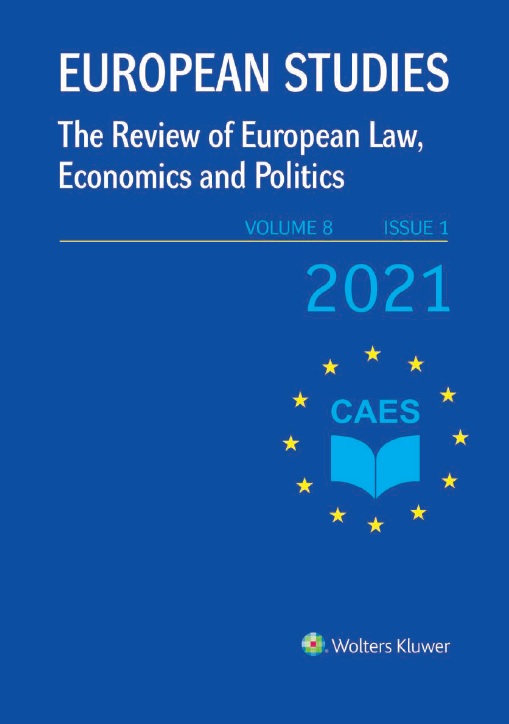Economic and Legal Issues of Climate Change in the EU
Economic and Legal Issues of Climate Change in the EU
Author(s): Christiane TrüeSubject(s): Law, Constitution, Jurisprudence, Civil Law, Human Rights and Humanitarian Law, Sociology, Environmental interactions, EU-Legislation
Published by: Univerzita Palackého v Olomouci
Keywords: causation; climate change; compensation; environmental protection rights; human and fundamental rights; individual rights; Peoples’ Climate Case – standing before court;
Summary/Abstract: Climate change has begun to make itself felt also in Europe. The article seeks to identify responses to the challenges from the law through the protection of fundamental rights to life, health, occupation and property, as well as ‘environmental rights’, and private law rights. It establishes that, in spite of a general consensus that these rights are guaranteed and protected by the law, it is practically very difficult to substantively show and prove a violation of such a right. Following this, the enforcement of these rights by individuals and environmental protection organisations is explored, in particular looking at the Peoples’ Climate Case recently dismissed by the European Court of Justice. In doing so, the article will suggest solutions de lege ferenda, including some sketches as to how to develop individual and associations’ rights further in order to increase pressure on political processes to mitigate and adapt to climate change, and to compensate for climate-change-induced losses. The article concludes by identifying a gap in traditional legal protection of human rights, first, regarding the rules on showing and proving that a specific activity or failure to act has resulted in a specific damage. Secondly, an extension of standing for individual applicants regarding legislative acts, and a relaxation of the definition of individual concern, as well as an extension of standing to climate change organisations are suggested as options to bring mitigation and adaptation to climate change forward. Overall, the law may have to choose between adapting legal instruments in order to maintain classical human rights protection in the face of new challenges or accepting a gap in the protective system for short-term gains of current business and our daily convenience.
Journal: European Studies - the Review of European Law, Economics and Politics
- Issue Year: 8/2021
- Issue No: 1
- Page Range: 161-176
- Page Count: 16
- Language: English

